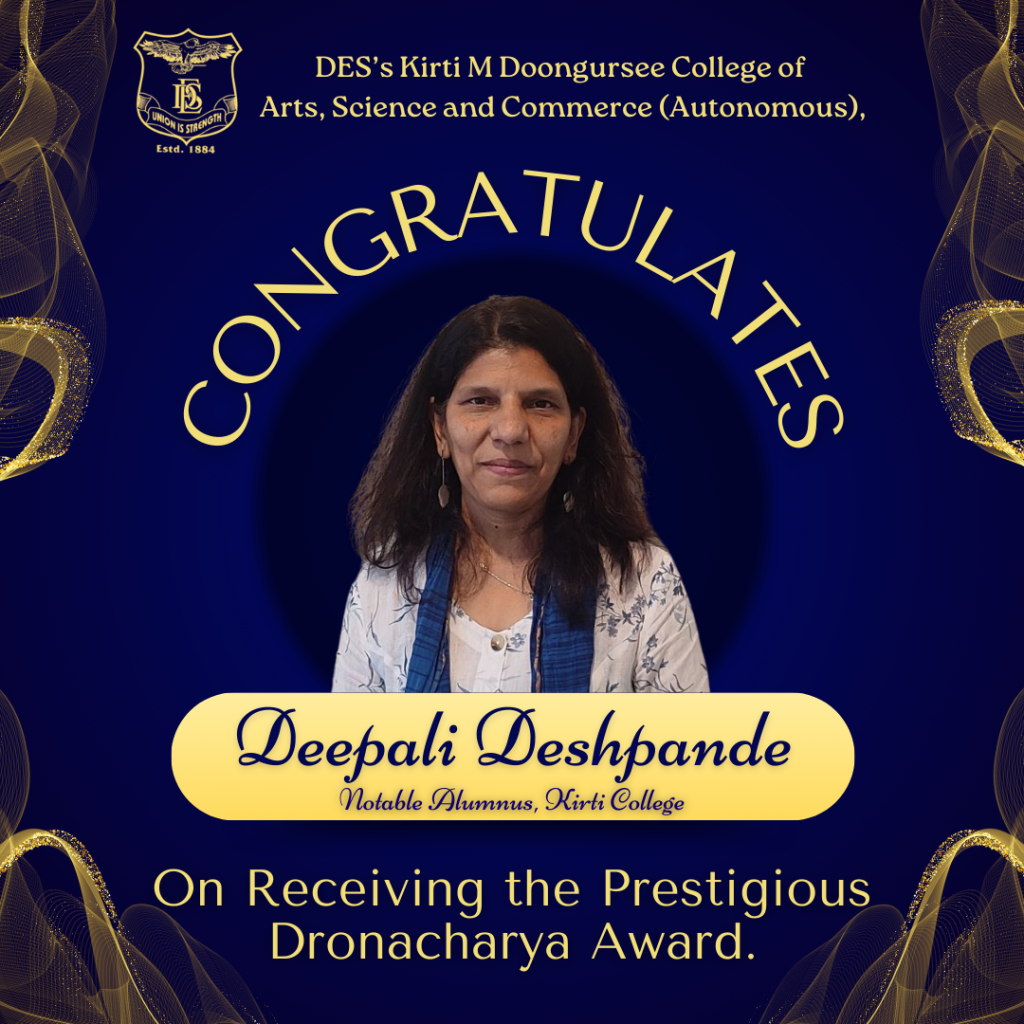History Of DES
The Deccan Education Society (DES) was established in 1884 by the founders who had previously started the New English School in Pune in 1880. The DES was instrumental in promoting education as a means of achieving national aspirations during the Indian renaissance. This period marked a shift towards peaceful and constitutional efforts for India’s emancipation and transformation. Significant educational initiatives during this time included Wood’s Education Despatch (1854), the Education Commission of 1882, and the Hunter Commission (1891), reflecting the collaborative efforts of both the Government and the Indian populace in advancing education. The DES played a crucial role in this educational enterprise, contributing significantly to the landscape of Indian education and nation-building. Read More
The Deccan Education Society (DES) was established in 1884 by a group of dedicated visionaries who aimed to advance education in India. Sir James Fergusson, the then Governor of Bombay, was the first patron of the Society. Sir William Wedderburn served as the Chairman of the first Provisional Council of the DES in 1884. Principal WamaShivram Apte, a distinguished Sanskrit scholar, was the first secretary of the Society. The DES played a crucial role in promoting education as a means to achieve national aspirations during the Indian renaissance.The emblem of the DES reflects the founders’ emphasis on ‘knowledge,’ bearing the inscription ‘knowledge is power’ and featuring the ‘Garuda’ (the Eagle), symbolizing youth soaring with the power of knowledge into a vast sky of challenges and opportunities.
Over its long history, the DES has contributed significantly to various fields through its alumni, who have become notable patriots, thinkers, philosophers, poets, writers, teachers, social workers, scientists, industrialists, entrepreneurs, researchers, administrators, and defense officers.
The society has been instrumental in the establishment of several notable institutions and movements. For instance, the All India Women’s Conference (AIWC) was first organized under its auspices in 1927. The Children’s Science Movement (CSM) was launched by Professor Raghunath A. Mashelkar in 2001, and several theatre movements, including the Purushottam Karandak Spardha, began in venues associated with the DES.
The society’s impact extended to cultural and intellectual movements, with many renowned personalities delivering speeches and participating in debates organized by the DES. Some of the educational institutions that have roots in the DES and have since earned reputations for academic excellence include the Indian Law Society’s Law College, Symbiosis (Deemed University), and the Brihan Maharashtra College of Commerce (BMCC), among others.
The DES has continuously adapted to changing educational needs, focusing more on modern facilities like e-books and e-journals. It remains committed to maintaining its rich legacy while fostering new educational initiatives and movements.
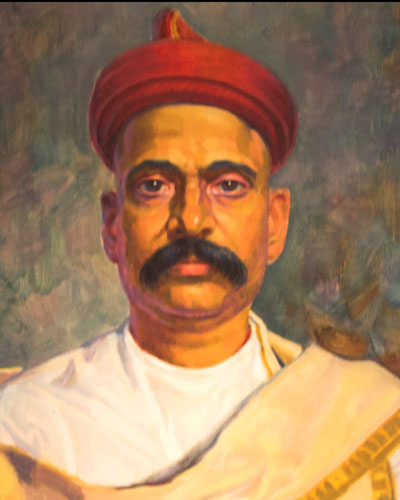
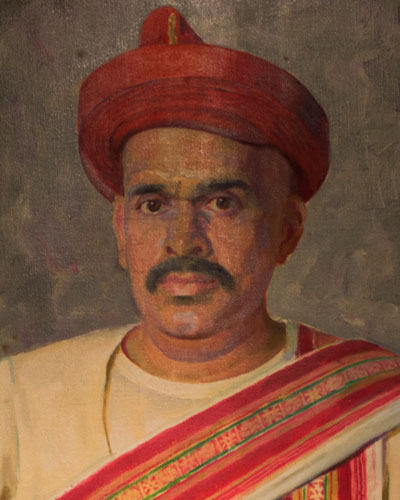
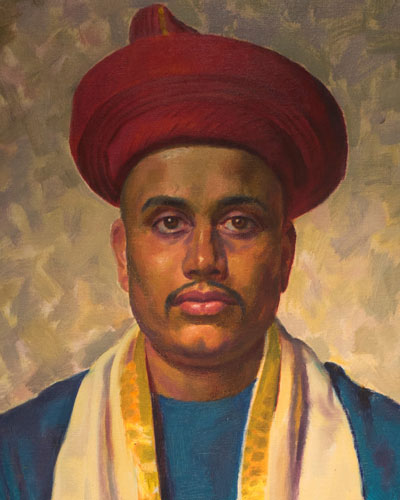
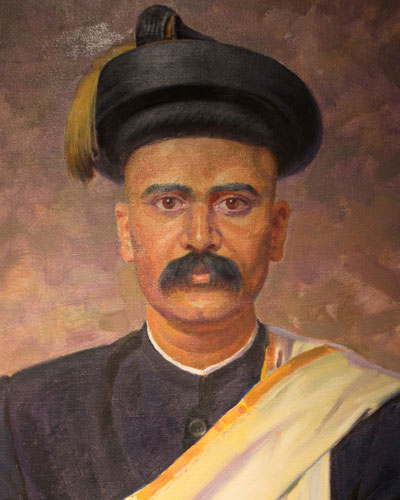
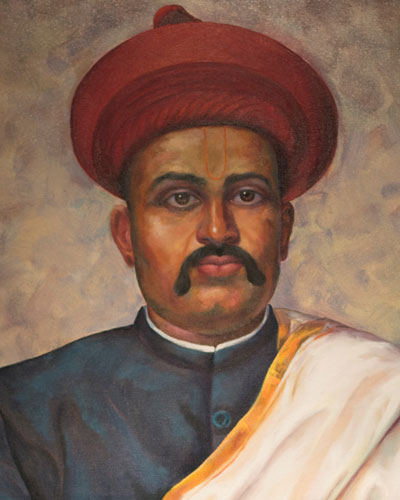
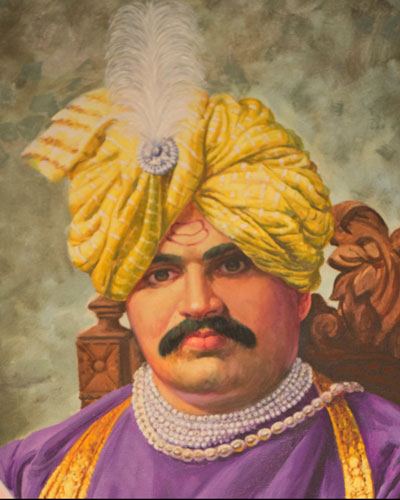
Copyright © 2025 kirticollege.edu.in.

